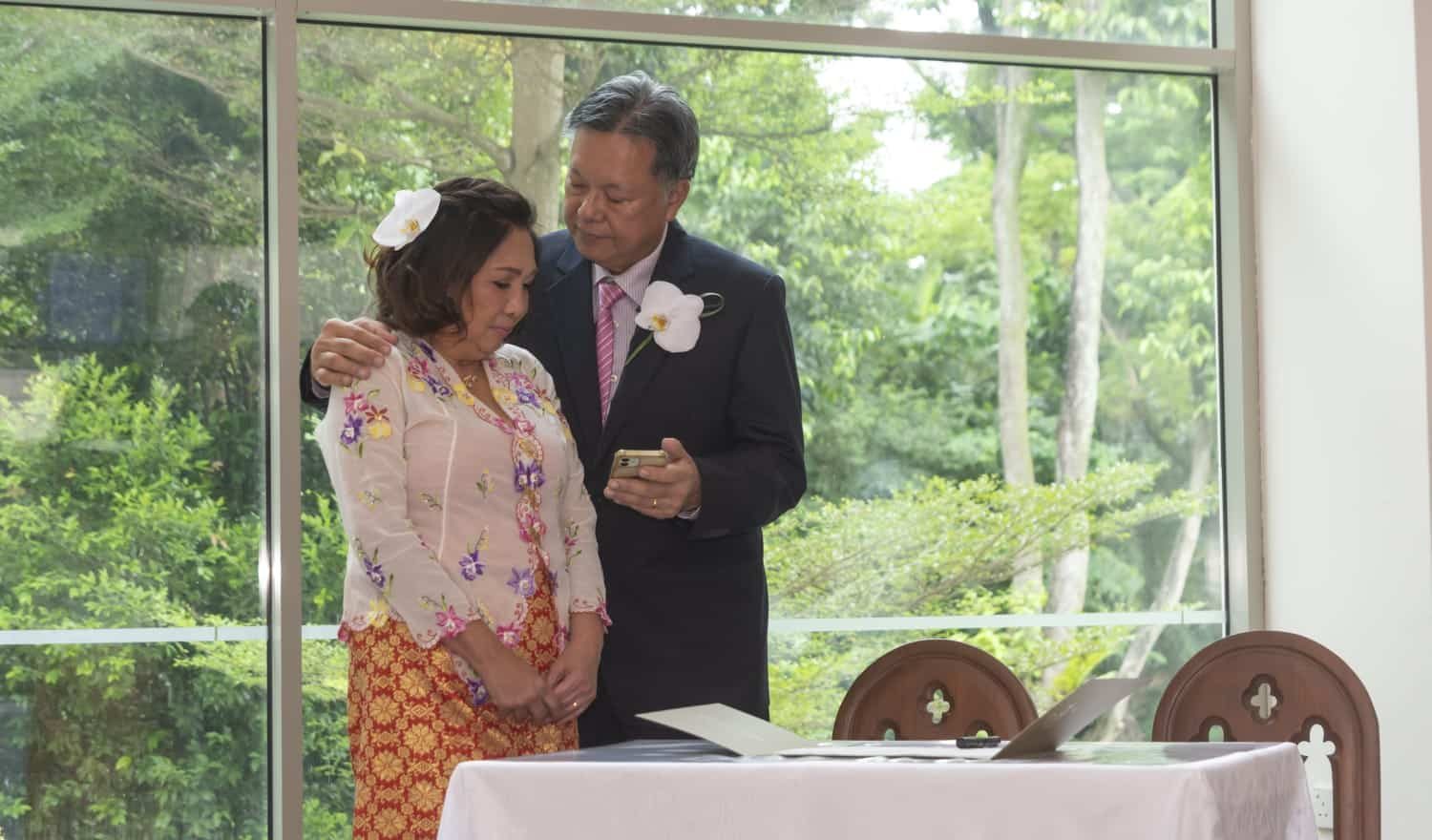Photo by rawpixel.com on Unsplash
Peace is a fundamental tenet of the Christian faith.
Paul the Apostle reminds the early Church: “For the kingdom of God is not food and drink but righteousness and peace and joy in the Holy Spirit.” Romans 14:17
There are two aspects of peace: Firstly, the individual, inner peace which we have with God personally. This is what Jesus promised.
“Peace I leave with you; my peace I give you. I do not give to you as the world gives. Do not let your hearts be troubled and do not be afraid.” John 14:27
This is the peace of having been reconciled to God through the completed work of Christ on the cross. It is a sense of knowing that our sins are forgiven and we are accepted into the Kingdom of God.
The other aspect is the peace we mediate to others as peacemakers. Genuine peace always includes right relationships and just treatment of all persons, regardless of race, religion, language and gender. It is non-discriminatory.
Genuine peace always includes right relationships and just treatment of all persons, regardless of race, religion, language and gender. It is non-discriminatory.
This is what the Hebraic idea of shalom conveys – the wholeness in all dimensions of life. What does all of this mean for us personally?
No matter how much we enjoy peace with God and within our own hearts, we are to mediate this peace to others, for we are both peace beneficiaries and peace benefactors. We are, after all, called to be peacemakers.
Jesus, in the Sermon on the Mount, declares: “Blessed are the peacemakers, for they will be called children of God.” Matthew 5:9
There is no doubt that one of the characteristics of a child of God is the fact that he is a peacemaker. The New Testament reinforces these words over and over again. The Apostle Paul’s letters include such injunctions as: “Let us therefore make every effort to do what leads to peace and to mutual edification.” Romans 14:19
And again: “Bind yourselves together with peace.” Ephesians 4:3
The writer to the Hebrews exhorts: “Try to live in peace with everyone.” Hebrews 12:14
These passages set peacemaking within the context of Christian community. We seek to live in peace as part of our fellowship together.
In the world but not of it
But in reality, the Christian community is fragile and often plagued with petty quarrels and divisiveness. It is not, however, a modern challenge.
Paul had to deal with that in the early church. Writing to the Church in Ephesus, he urged the congregation to “be humble. and gentle. Be patient with each other, making allowance for each other’s faults because of your love. Always keep yourselves united in the Holy Spirit, and bind yourselves together with peace. We are all one body, we have the same Spirit, and we have all been called to the same glorious future”. Ephesians 4:2-4
The way to peacemaking is laid out for us: First, have the right attitude – “be humble and gentle”. Ephesians 4:2
This addresses the way we see ourselves. Don’t be conceited, thinking too highly of yourself. If we can “consider others better than yourself” Phil. 2:3, our approach to others who do not agree with us will reflect a willingness to listen and learn from others.
In my work, I have had detractors on the internet. Though I ignore most because they are frivolous, I do invite those whom I assess to be serious and genuine to meet with me. One of them, after five minutes with me in my office, said: “I told my wife that if I sense that you are not listening, I will just walk out. But I am staying because you are listening.”
Though we ended up agreeing to disagree, we parted as friends sharing the same concern, though disagreeing on the approach.
Bless with humility
Reversing the role, if you have a complaint or criticism, communicate it with humility, realising that you do not have a monopoly on truth and you could be wrong. And in all interactions, treat people with kindness and graciousness, remembering that they are made in God’s image and are no less than you.
Second, have the right aptitude by being “patient with each other, making allowance for each other’s faults because of your love” (Ephesians 4:2).
This addresses the way we approach others. It is not just what to say and do, or how to say and do. It is also about when to say and do. Someone said that “the hardest test in life is having the patience to wait for the right moment”.
In all interactions, treat people with kindness and graciousness, remembering that they are made in God’s image and are no less than you.
Though some people think that I am a patient person, the truth is that I struggle to be patient. I have to remind myself of the need to be patient if I want to make a real difference in any challenging situation. And over the years, God has sent me people and put me in situations where I have no choice but be patient.
This call to patience is necessary because people around us react and respond differently from us. Some will frustrate you with their slowness. Others don’t see the point soon enough. Yet others won’t repent quickly enough. Many won’t serve actively enough. Some will pray too long or not pray enough. And we just want to move fast and efficiently to get things done.
Why can’t they move as fast? When we feel impatient, we need to remind ourselves that anyone can say he loves others but not everyone can wait to prove that it is true.
Waiting is a sign of true love for “love is patient, love is kind” 1 Corinthians 13:4. Patience requires us to put up with their faults and weaknesses, even as they must put up with ours. While we must firmly confront a brother or sister who sins, there is no need to be confrontational in dealing with quirks and idiosyncrasies of people we love.
Patience is the best way to handle bothersome, irritating stuff if we are true to our peacemaking mission.
Peace is indeed a gift from God. Every experience of peace rests, at its base, upon the peacemaking work of Christ on the cross. Knowing peace each day is, therefore, a blessing from God. The Psalmist says as much: “The Lord gives his people strength. The Lord blesses them with peace.” Psalm 29:11
As we are blessed, so we bless others. One of the best ways to bless others as God has blessed us is to give others the blessings of peace. That is the role of the peacemaker.
This article was first published in Asian Beacon, December 2016-January 2017 issue and is republished with permission from Asian Beacon.
We are an independent, non-profit organisation that relies on the generosity of our readers, such as yourself, to continue serving the kingdom. Every dollar donated goes directly back into our editorial coverage.
Would you consider partnering with us in our kingdom work by supporting us financially, either as a one-off donation, or a recurring pledge?
Support Salt&Light


